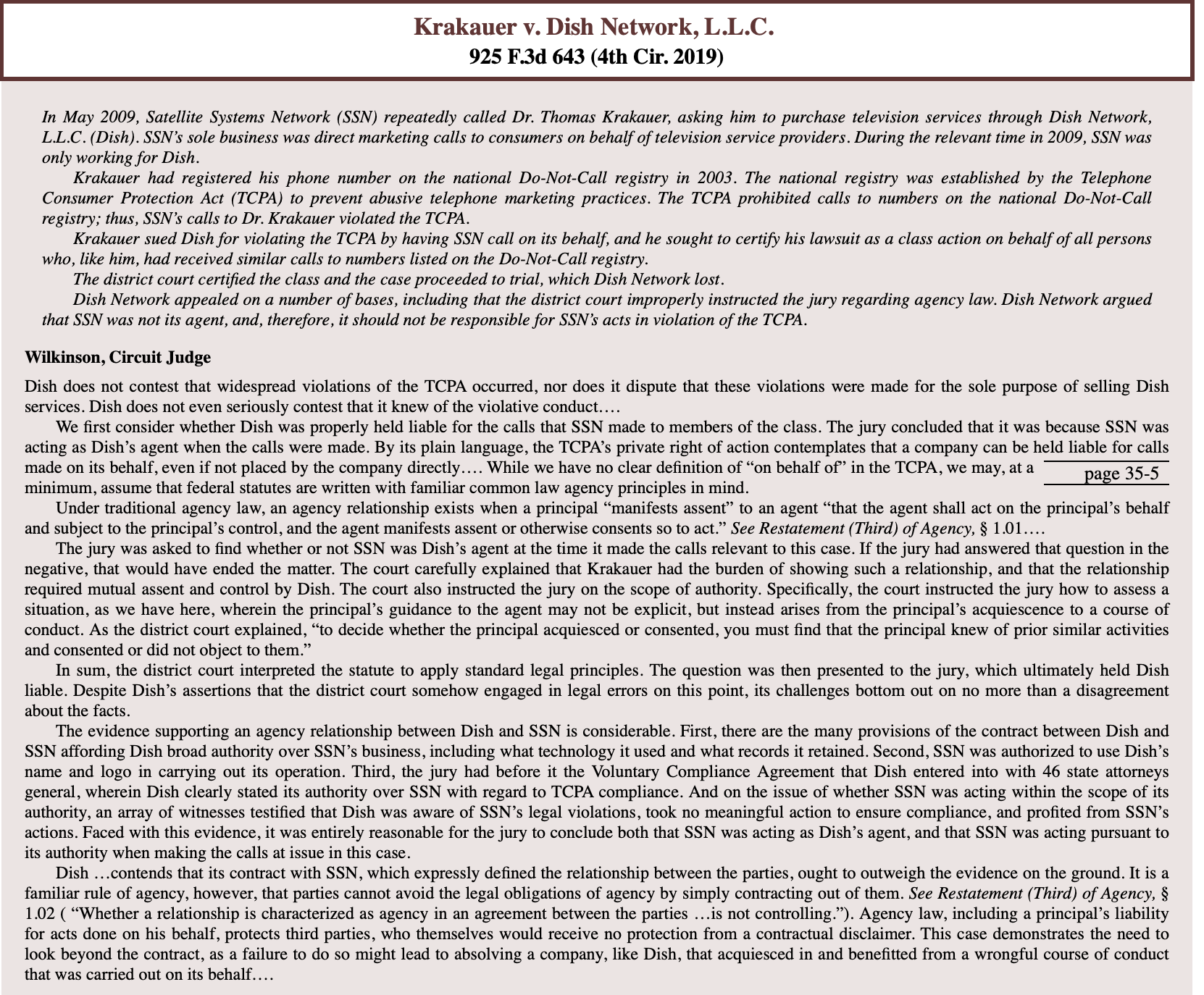Question
Business Law case study Students Name: Case Name: 1. The Parties Trial Court level: Who is the plaintiff? Trial Court level: Who is the defendant?
Business Law

case study
Students Name: Case Name: 1. The Parties Trial Court level: Who is the plaintiff? Trial Court level: Who is the defendant? Appeals Court level: Who is the appellant? Appeals Court level: Who is the appellee? *U.S. Supreme Court level: Who is the petitioner? *U.S. Supreme Court level: Who is the respondent? *Note: If your case was not heard before the U.S. Supreme Court, you will leave this section blank.
2. The History of the case Who won at the trial court level? Who won at the lower appellate level? Who won at the U.S. Supreme Court level (if the case made it to the U.S. Supreme Court)?
3. The Facts (What happened that caused the plaintiff to sue?)
4. The Plaintiff's Theory (Why he thinks he is right.)
5. The Defendant's Theory (Why he thinks he is right.)
6. The Legal Issue (a yes or no question)
7. The Holding of the Court (Yes or no--answers the legal issue).
8. The Reasoning of the Court (i.e.: what facts and laws did the court rely on to decide the case; why the case was decided in the winner's favor; why did the other side lose)
9. What do you think? Was this case decided correctly? Why or why not?
In May 2009, Satellite Systems Network (SSN) repeatedly called Dr. Thomas Krakauer, asking him to purchase television services through Dish Network, L.L.C. (Dish). SSN's sole business was direct marketing calls to consumers on behalf of television service providers. During the relevant time in 2009, SSN was only working for Dish. Krakauer had registered his phone number on the national Do-Not-Call registry in 2003. The national registry was established by the Tephone Consumer Protection Act (TCPA) to prevent abusive telephone marketing practices. The TCPA prohibited calls to numbers on the national Do-Not-Call registry; thus, SSN's calls to Dr. Krakauer violated the TCPA. Krakauer sued Dish for violating the TCPA by having SSN call on its behalf, and he sought to certify his lawsuit as a class action on behalf of all persons who, like him, had received similar calls to numbers listed on the Do-Not-Call registry. The district court certified the class and the case proceeded to trial, which Dish Network lost. Dish Network appealed on a number of bases, including that the district court improperly instructed the jury regarding agency law. Dish Network argued that SSN was not its agent, and, therefore, it should not be responsible for SSN's acts in violation of the TCPA. Wilkinson, Circuit Judge Dish does not contest that widespread violations of the TCPA occurred, nor does it dispute that these violations were made for the sole purpose of selling Dish services. Dish does not even seriously contest that it knew of the violative conduct.... We first consider whether Dish was properly held liable for the calls that SSN made to members of the class. The jury concluded that it was because SSN was acting as Dish's agent when the calls were made. By its plain language, the TCPA's private right of action contemplates that a company can be held liable for calls made on its behalf, even if not placed by the company directly.... While we have no clear definition of "on behalf of" in the TCPA, we may, at a minimum, assume that federal statutes are written with familiar common law agency principles in mind. Under traditional agency law, an agency relationship exists when a principal "manifests assent" to an agent "that the agent shall act on the principal's behalf and subject to the principal's control, and the agent manifests assent or otherwise consents so to act." See Restatement (Third) of Agency, 1.01 .... The jury was asked to find whether or not SSN was Dish's agent at the time it made the calls relevant to this case. If the jury had answered that question in the negative, that would have ended the matter. The court carefully explained that Krakauer had the burden of showing such a relationship, and that the relationsh required mutual assent and control by Dish. The court also instructed the jury on the scope of authority. Specifically, the court instructed the jury how to assess a situation, as we have here, wherein the principal's guidance to the agent may not be explicit, but instead arises from the principal's acquiescence to a course of conduct. As the district court explained, "to decide whether the principal acquiesced or consented, you must find that the principal knew of prior similar activities and consented or did not object to them." In sum, the district court interpreted the statute to apply standard legal principles. The question was then presented to the jury, which ultimately held Dish liable. Despite Dish's assertions that the district court somehow engaged in legal errors on this point, its challenges bottom out on no more than a disagreement about the facts. The evidence supporting an agency relationship between Dish and SSN is considerable. First, there are the many provisions of the contract between Dish and SSN affording Dish broad authority over SSN's business, including what technology it used and what records it retained. Second, SSN was authorized to use Dish's name and logo in carrying out its operation. Third, the jury had before it the Voluntary Compliance Agreement that Dish entered into with 46 state attorneys general, wherein Dish clearly stated its authority over SSN with regard to TCPA compliance. And on the issue of whether SSN was acting within the scope of its authority, an array of witnesses testified that Dish was aware of SSN's legal violations, took no meaningful action to ensure compliance, and profited from SSN's actions. Faced with this evidence, it was entirely reasonable for the jury to conclude both that SSN was acting as Dish's agent, and that SSN was acting pursuant to its authority when making the calls at issue in this case. Dish ...contends that its contract with SSN, which expressly defined the relationship between the parties, ought to outweigh the evidence on the ground. It is a familiar rule of agency, however, that parties cannot avoid the legal obligations of agency by simply contracting out of them. See Restatement (Third) of Agency, 1.02 ( "Whether a relationship is characterized as agency in an agreement between the parties ...is not controlling."). Agency law, including a principal's liability for acts done on his behalf, protects third parties, who themselves would receive no protection from a contractual disclaimer. This case demonstrates the need to look beyond the contract, as a failure to do so might lead to absolving a company, like Dish, that acquiesced in and benefitted from a wrongful course of conduct that was carried out on its behalfStep by Step Solution
There are 3 Steps involved in it
Step: 1

Get Instant Access to Expert-Tailored Solutions
See step-by-step solutions with expert insights and AI powered tools for academic success
Step: 2

Step: 3

Ace Your Homework with AI
Get the answers you need in no time with our AI-driven, step-by-step assistance
Get Started


